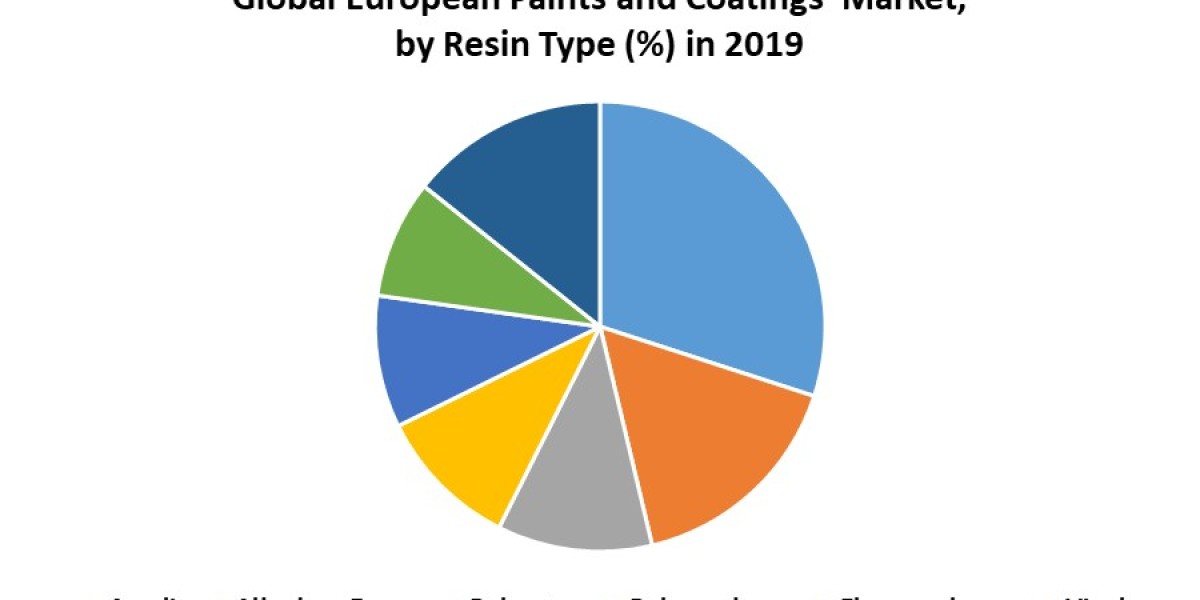ICD-10 Code E78.5 refers to hyperlipidemia, unspecified, a condition characterized by elevated levels of fats or lipids in the blood, which can increase the risk of cardiovascular diseases. In the medical billing and coding process, errors associated with coding conditions like diagnosis code E78.5 can lead to claims denials from insurance companies, negatively affecting healthcare providers' revenue cycles.
Artificial intelligence (AI) is playing a transformative role in reducing these denials by streamlining the accuracy of the coding and claims submission process. By leveraging advanced algorithms and machine learning, AI can analyze vast amounts of data to identify potential coding errors before claims are submitted. This proactive approach not only minimizes the risk of denials but also enhances the overall efficiency of revenue cycle management.
Understanding the Impact of Denials in Healthcare
Denials occur when insurance companies reject claims for various reasons, such as incorrect coding, insufficient documentation, or non-coverage of services. Denials not only delay reimbursements but also increase administrative burdens and can lead to financial losses for healthcare organizations. When dealing with conditions such as hyperlipidemia (ICD-10 Code E78.5), denials can arise due to errors in documentation, inaccurate coding, or failure to meet payer-specific requirements.
How Artificial Intelligence is Enhancing Denial Prevention
1. Accurate Medical Coding
AI-driven systems can help ensure that ICD-10 codes, including E78.5, are correctly applied based on the patient’s medical records. By scanning and analyzing vast datasets, AI tools can identify the most appropriate codes, reducing human error and ensuring compliance with payer requirements. Natural Language Processing (NLP) is one such AI technology that can interpret clinical notes and automatically assign the correct ICD-10 codes, minimizing the chances of denial due to coding errors.
2. Pre-submission Validation
AI systems can perform real-time validation of claims before submission. These systems cross-check the accuracy of codes like E78.5 against medical records, insurance policies, and historical claims data. By detecting potential errors or inconsistencies upfront, AI helps in preventing denials before they occur. This proactive approach allows for corrections to be made before the claim reaches the payer, thus improving the success rate of submissions.
3. Pattern Recognition for Predictive Denial Management
AI can also analyze historical claims data to identify patterns in denials, particularly those related to conditions like hyperlipidemia. Through machine learning algorithms, AI can predict which claims are at a higher risk of being denied and highlight areas that require additional documentation or corrections. This enables healthcare providers to address potential issues in advance, reducing the likelihood of denials.
4. Automated Documentation Assistance
One of the key reasons for claim denials is insufficient or incorrect documentation. AI-powered documentation tools can assist physicians by ensuring that all necessary clinical information is recorded accurately and thoroughly. For ICD-10 code E78.5, this might include details on the patient's lipid levels, related risk factors, and the prescribed treatment plan. By automating documentation, AI ensures that claims meet the required standards for approval.
5. Appeals Process Optimization
In cases where a denial does occur, AI can assist in managing the appeals process. AI systems can quickly retrieve and analyze data from past claims to build strong, evidence-based appeals. These systems can also suggest the most relevant information to include in the appeal, such as additional documentation or clarifications that support the original claim. This improves the chances of overturning denials for conditions like hyperlipidemia.
Real-World Application of AI in Denial Prevention for ICD-10 Code E78.5
Several healthcare organizations have successfully implemented AI-driven tools to combat claim denials. For instance, AI-enabled coding systems ensure that hyperlipidemia diagnoses are correctly coded, and AI-powered pre-submission checks reduce the risk of errors in claims. This has led to a significant reduction in claim denials and improved revenue cycle management for these organizations.
Moreover, AI is evolving continuously, with new advancements making it easier for healthcare providers to navigate the complexities of medical coding and claims submission. From preventing initial denials to optimizing the appeals process, AI is a key player in ensuring that claims related to ICD-10 codes like E78.5 are successfully reimbursed.
Conclusion
In summary, managing claims related to ICD-10 Code E78.5 requires diligence and attention to detail from healthcare providers and their administrative teams. The integration of artificial intelligence into the medical billing process offers significant advantages for enhancing accuracy and reducing claim denials.
By leveraging AI technology alongside the expertise of a medical billing company, healthcare organizations can optimize their revenue cycle management and improve financial outcomes associated with hyperlipidemia treatment. This proactive approach not only safeguards financial health but also ensures that patients receive timely access to necessary treatments without unnecessary delays caused by administrative issues.
As the healthcare landscape continues to evolve, embracing these technological advancements will be essential for success in an increasingly complex environment while maintaining high standards of patient care.



